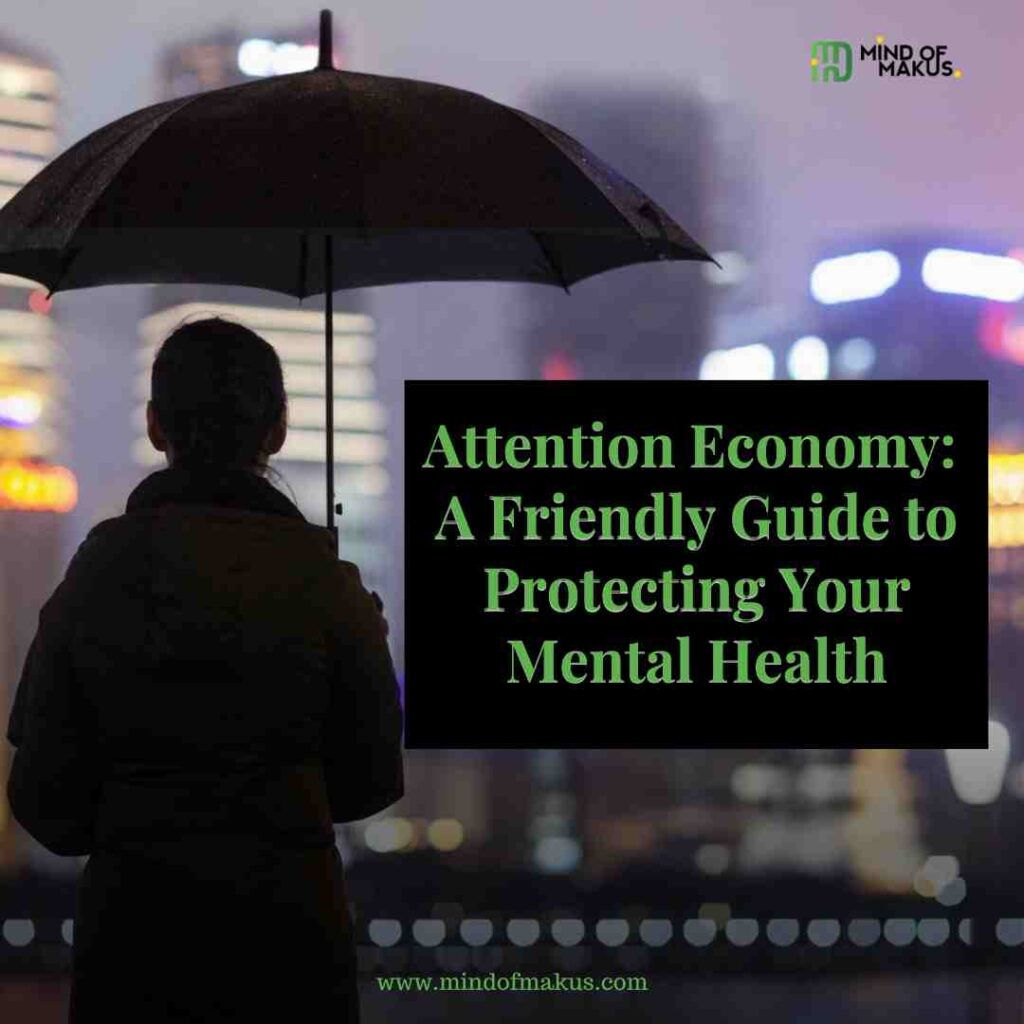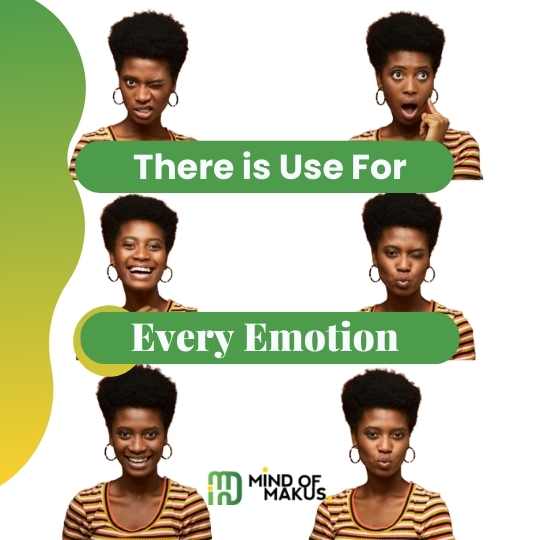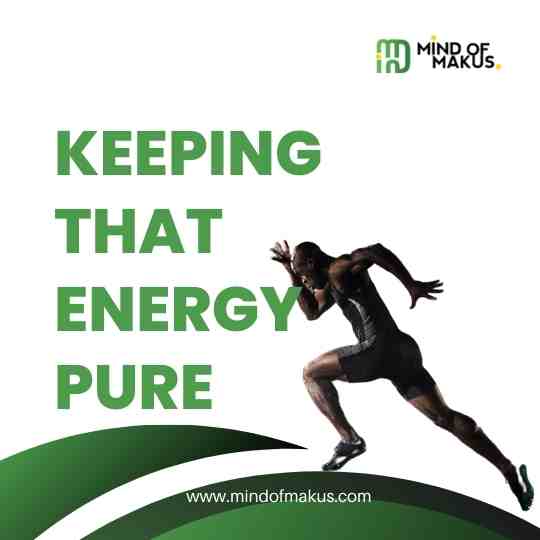Hello my Friend,
I have been thinking a lot about time, and how much of it we have, and how quickly we seem to spend it.
One minute you wake up, it’s a new year, and the next, you are setting up Christmas decor. How much time do we really have to deliver on our purpose, develop our experience and pass on our legacy to posterity?
I like to make lists, and it certainly feels like I run out of hours before I get to the bottom of my list for the day. I have done something I call a time audit a few times.
It helps me objectively account for my hours in the day, especially when I want to sleep for 8hrs.
Good quality sleep is the one single thing that has been shown to improve quality of life if you could choose one thing. Check out this podcast for more on sleep studies.
My musing led me to look into the “Attention Economy” and its impact on mental well-being.
What is an attention economy, you say?
Understanding the Attention Economy:


In the digital age, our attention is a commodity. Where we put our eyes is where we spend our time. From the unsolicited ads to constant notifications, every app and website vies for our 24hrs, the longer you stay on it the more data they gather and can sell.
The goal is to refine your experience so you never want to stop and live your actual life—cue in Metaverse.
This phenomenon is what we call the “Attention Economy.“
Essentially, it’s the battle for your time and attention in a world filled with information and distractions.
The amount of information we consume in a day is the equivalent of 1 years worth of information 50 years ago. It’s no small feat. We are working round the clock, consuming information with all our senses.
I remember growing up in the 80s with a limited window of children’s programme time on TV and then cable TV came and then the expansion of local TV and the almighty app for viewing content.
Subscribe to My Newsletter
They keep on giving, and we take mercilessly. Some of it is good, we achieve much more, learn much more and share more then ever before.
It has helped demystify so many human experiences that now we wonder if we are at risk of over sharing now in the current culture of the media.
The apps are how we stay in touch; how we get current affairs; how to make friends; how we decorate homes, apply for jobs, shop and connect with people around the world, and in more alarming cases , the apps are now the modern-day babysitter, keeping your toddler in that seat for a second while you eat or do dishes.
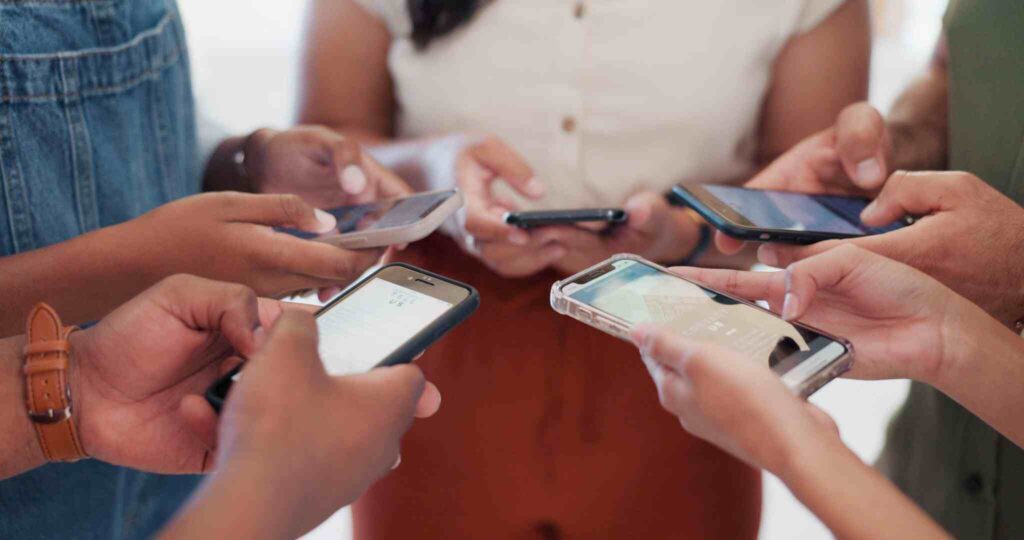

Why should you care about the attention economy?
Information Overload:
- The constant influx of information can be overwhelming. It’s like trying to sip from a fire hose – there’s just too much! This barrage of content can lead to stress, anxiety, and a feeling of being constantly “on.” You may find yourself with eye aches, neck aches, headaches, and tense jaw, pelvis and shoulders. Some people have the experience of always feeling on edge and afraid of the unfamiliar as a result of this overload of information.
- Take a deep breathe right now and exhale slowly, lowering your shoulders from your ears and relaxing your jaw.
Comparison Culture:
- It’s not difficult to see why comparison might be a problem when we consume an excessive amount of information, learn about other people’s lives, and get a blow-by-blow account for their recent holiday or acquisition.While it connects us, it also breeds a culture of comparison that advertently breeds dissatisfaction with one’s own achievements. Seeing others’ lives and comparing to ours in a negative way can leave us feeling inadequate, resentful, and anxious.
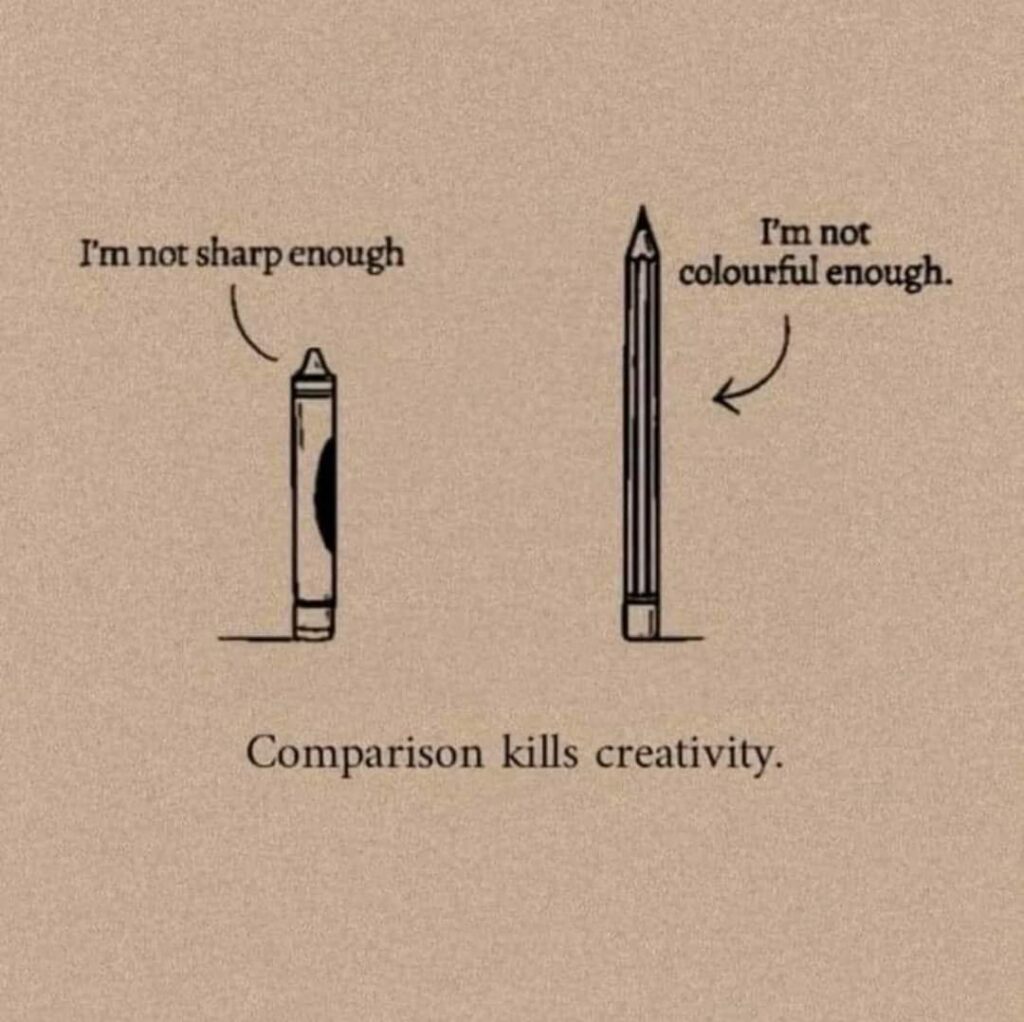

FOMO (Fear of Missing Out):
- This can be missing out on events, following celebrity news, crisis coverage, sports updates, news network updates and doom scrolling for no reason, filling your consciousness with junk and allowing uncensored content into your life. What if you miss out? What would life be like for you then if you didn’t know what was happening for 2 days?
- These feelings of wanting to be on top of everything trending is a potent fuel for anxiety, low self-esteem and discontent. Remember, the creators of these apps are making money, and you are not.
- Get off the app and go do something for yourself.
What can I do?
Mindful Consumption:
- Be mindful of what you consume online. Consider unfollowing accounts that don’t bring you joy or opting for a digital detox when needed. Quality over quantity is the key. There is a really good book called “Digital Minimalism” that teaches you how to cut down on your use.
Set Boundaries:
- Establish clear boundaries for device use. Designate specific times for checking emails and social media. This helps create a healthy balance between the digital world and real life.
- Put your phone in bedtime mode at a fixed time so it goes off or enters grayscale, which helps you stay off.
- I have friends who take breaks for a few days and delete the apps in that time to reduce the temptation to get on.
- Some families have phone rules around dinner time or bedtime. There’s a nice one where friends go out to dinner, and the first person to pick their phone off the table pays the bill. Bingo!
Find healthy hobbies:
- Engage in activities that don’t involve screens, allowing your mind to rest and recharge. Nature walks, exercise, crochet, board games, reading a book, or spending time with loved ones can do wonders.
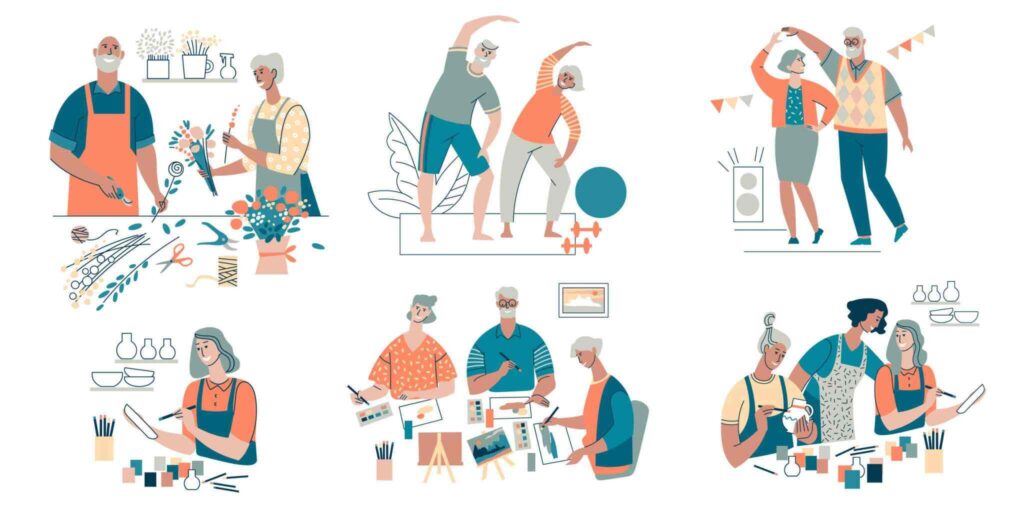

Cultivate Gratitude:
- Focus on what you have rather than what you lack. Gratitude can shift your perspective and reduce the impact of the comparison culture perpetuated by the Attention Economy. It is a practice that is hinged on an infinite resource, a knowing that there is enough to go round all of us. Our resources are not limited and one person having does t mean you don’t get. Be grateful.


Connect Authentically:
- Foster genuine connections online and offline. Authentic relationships provide a sense of belonging and support that counters the isolating effects of excessive screen time. How to do this? It’s awkward but always worth it to get to know people better, to be the one that reaches out and remembers birthday. To ask questions that are not superficial and give space for another to share their life with you.


As enter this new week, notice where your attention goes, which are your most used apps? How long do you spend on each daily? What activities draw you in?
Let’s be mindful of our mental health and get to setting boundaries, practising digital detox, and cultivating gratitude. We can reclaim control and foster a healthier relationship with the digital world.
Until next week, stay wholesome.
Stay authentic
Be yourself and keep getting better at it.
Live wholeheartedly,
Amaka
